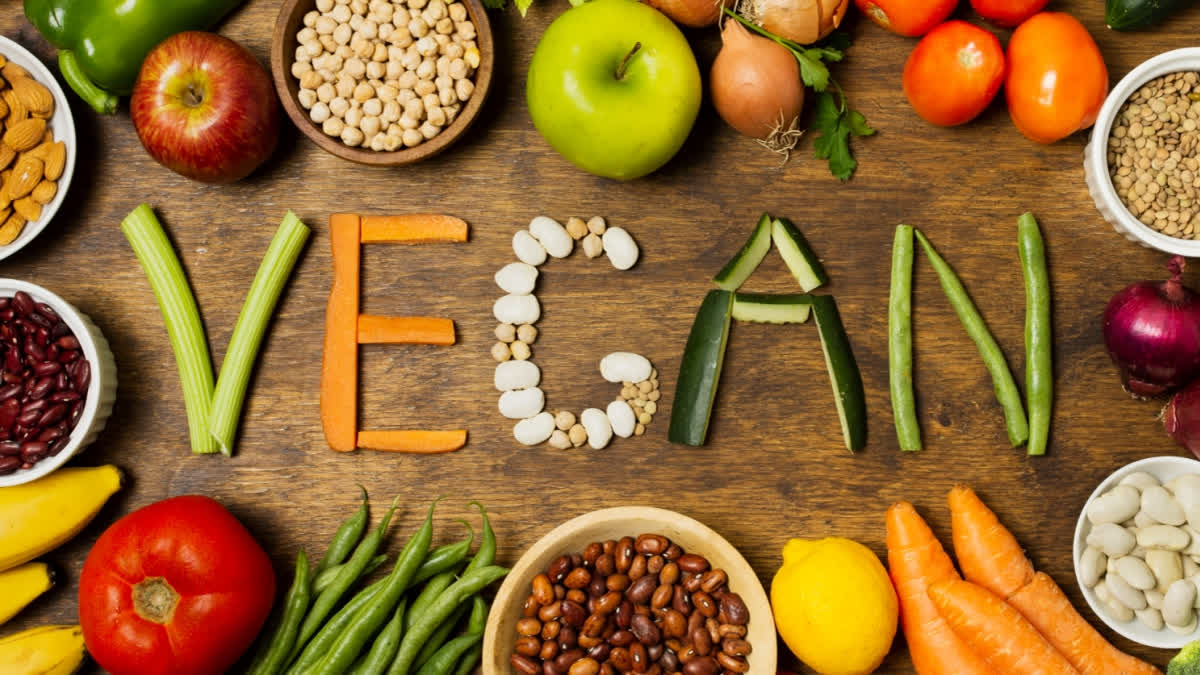As the world marks World Vegan Day 2024, there's more focus on the shift to plant-based diets. Food scientists and top chefs in the West are experimenting with mock meats and dairy substitutes. Yet, in India, the concept of a plant-based diet is anything but new. Steeped in Ayurvedic principles and regional diversity, Indian cuisines have an abundance of naturally vegan dishes that are not only delicious but also packed with nutrition.
From the humble poha and idli to millet-based dishes, India’s traditional vegan fare is rooted in seasonality, local ingredients, and spices that enhance flavour without the need for animal products.
Our Naturally Vegan Culture
India’s traditional diet, particularly in states with strong vegetarian traditions like Gujarat, Maharashtra, Tamil Nadu, and Karnataka, has always included a variety of vegan dishes. From the simple saag and chana masala to khaman, undhiyu and thoran, the options to explore are endless.
These meals celebrate local grains, pulses, and vegetables. They rely on spices and herbs to infuse each dish with distinct regional flavors. The emphasis is on freshness, variety, and balance—a bowl of millet porridge, a plate of poha, or a serving of idli is as much about taste as it is about nourishment.
Indian cuisine has a strong base of legumes like lentils, chickpeas, and black-eyed peas, paired with spices such as turmeric, cumin, and coriander, all of which contribute to a nutrient-dense meal. Traditional grains such as millets, jowar, and ragi add fibre and protein while being easy to digest.
Benefits of Going Back To Traditionally Vegan Foods
Choosing plant-based dishes not only aligns with World Vegan Day’s message but also comes with numerous health and environmental benefits. These foods are typically unprocessed, lower in saturated fats, high in fibre, and rich in a variety of nutrients that promote heart health, digestion, and immune function. Additionally, Indian plant-based meals are a tribute to local farming, seasonal produce, and a sustainable food culture that predates modern vegan trends by millennia.
By celebrating these dishes and rediscovering the diverse culinary heritage of India, we can enjoy the benefits of a vegan diet without reaching for mock meats or processed substitutes. Traditional Indian foods like poha, idli, and millet-based meals offer flavours and textures that are naturally satisfying, nutritious, and environmentally sustainable.
3 Quick Indian Vegan Recipes
1. Poha
Originating from Maharashtra, poha is a light and satisfying breakfast item made from flattened rice, peanuts, and an array of spices like mustard seeds, turmeric, and green chillies. With fresh coriander and a squeeze of lime, poha is a complete meal in itself, packed with iron, fibre and flavour. It’s traditionally vegan and requires no adjustments to fit into a plant-based diet.
What you need:
1 cup flattened rice (poha)
1 tbsp oil
1/2 tsp mustard seeds
1/4 tsp turmeric powder
1 green chili, chopped
1 small onion, chopped
Salt to taste
Fresh coriander leaves, chopped
Peanuts (optional)
How to cook:
Rinse the poha in water and set aside.
Heat oil in a pan, add mustard seeds, and let them splutter.
Add onions and green chili, and sauté until onions turn translucent.
Add turmeric powder, salt, and rinsed poha. Mix well.
Cook for a few minutes, add chopped coriander, and serve warm with a dash of lime.
2. Ragi Dosa
As you're probably well aware, dosas are naturally vegan. They are usually made from a fermented batter of rice and urad dal (split black gram) but can also be made from millets or a combination of dals and millets. Served with coconut chutney and sambar, they are not only delicious but high in protein and probiotics due to the fermentation process.
